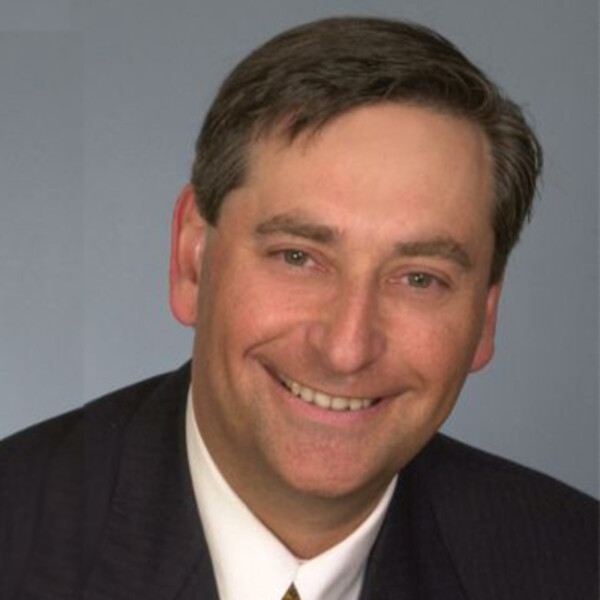Main Second Level Navigation
Howard Tenenbaum
DDS, Dip. Perio., PhD, FRCD(C)

Professional Memberships
- Fellow of the Royal College of Dentists of Canada
- Fellow of the International College of Dentists and the Academy of Dentistry International
Dr Tenenbaum received his DDS (Doctor of Dental Surgery) from the University of Toronto in 1978 and then completed his specialty in Periodontology as well as a PhD in bone cell biology by 1982.
This was followed by a 2-year post-doctoral MRC fellowship in Bethesda at the National Institutes of Health.
In addition to his degrees, Dr Tenenbaum has a Fellowship from the Royal College of Dentists of Canada, as well as the International College of Dentists and the Academy of Dentistry International.
Dr Tenenbaum is a Professor of Periodontology, and was Head of that Discipline for 8 years (1997-2005), at the Faculty of Dentistry, University of Toronto.
He was also is also Associate Dean for Biological and Diagnostic Sciences for 6 years.
He is a cross-appointed as a Professor in the Department of Laboratory Medicine and Pathophysiology, Faculty of Medicine, University of Toronto and is the Head of the Division of Research in the Department of Dentistry at Mount Sinai Hospital.
Dr Tenenbaum also serves as an FDA panel member for Dental Devices and Drugs (USA) and is Vice-Chair of the Federal Dental Care Advisory Committee (Canada). He is also currently the Graduate Coordinator for the Faculty of Dentistry School of Graduate Studies Division.
Dr Tenenbaum has had cumulative peer-reviewed research funding since 1987 exceeding $1.7 million and has lectured internationally on several topics including orofacial pain, cellular biology of bone, and management of refractory periodontal diseases.
Research Synopsis
I am interested in the mechanims that might link periodontal diseases with other conditions including cardiovascular disease and diabetes.
This research has focused on the relationship between upregulation of degradative enzymes in inflammatory diseases such as periodontitis which might then break down protective molecules such as Ahsg.
Another area of interest relates to the inverse relationships between bone matrix formation and bone matrix mineralization.
Using several in vitro model systems, I have demonstrated that when osteoblasts are induced to mineralize bone matrix, they actually begin to produce less bone matrix. Consequently, if mineralization is inhibited, it is now known that osteoblasts will actually produce more bone matrix and that if the inhibition of mineralization can be accomplished with drugs (e.g. the bisphosphonate HEBP) and only transiently, bone healing can be accelerated and increased.
This is being investigated now using locally delivered HEBP in bone analogues in collaboration with Dr J. Davies of the Institute of Biomedical Engineering at the University of Toronto.
I have also had a long clinical and research interest in chronic orofacial pain and temporomandibular disorders.
This has led to studies showing that in large part, the chronic and in particular the post-traumatic temporomandibular disorders are associated with measureable cognitive deficits, albeit not cognitive incapacity.
These initial studies have now been supported by investigations done in collaboration with Dr Karen Davis (University of Toronto, Centre for Pain) by the use of imaging and functional assessments of the CNS.
These studies have confirmed that areas responsible for cognition, among other areas, have definite changes in patients suffering from chronic temporomandibular disorder.
These findings could lead to more CNS-based therapies for such patients as opposed to treatments directed towards attempts to manage peripheral pain in the temporomandibular joints and/or the muscles of mastication.
Recent Publications
D'Aoust, P., McCulloch, C. A. G., Tenenbaum, H.C., & Lekic, P. C. (2000). Etidronate (HEBP) promotes osteoblast differentiation and wound closure in rat calvaria. Cell and Tissue Research, 302(3), 353-363
Singh, S. U. N., Casper, R. F., Fritz, P. C., Sukhu, B., Ganss, B., Girard B., J., . . . Tenenbaum, H.C. (2000). Inhibition of dioxin effects on bone formation in vitro by a newly described aryl hydrocarbon receptor antagonist, resveratrol. Journal of Endocrinology, 167(1), 183-195
Grossi, M. L., Goldberg, M. B., Locker, D., & Tenenbaum, H.C. (2001). Reduced neuropsychologic measures as predictors of treatment outcome in patients with temporomandibular disorders. Journal of Orofacial Pain, 15(4), 329-339
Andreou, V., D'Addario, M., Zohar, R., Sukhu, B., Casper, R. F., Ellen, R. P., & Tenenbaum, H.C. (2004). Inhibition of osteogenesis in vitro by a cigarette smoke-associated hydrocarbon combined with porphyromonas gingivalis lipopolysaccharide: Reversal by resveratrol. Journal of Periodontology, 75(7), 939-948. doi: 10.1902/jop.2004.75.7.939
Moayedi, M., Weissman-Fogel, I., Crawley, A. P., Goldberg, M. B., Freeman, B. V., Tenenbaum, H.C., & Davis, K. D. (2011). Contribution of chronic pain and neuroticism to abnormal forebrain gray matter in patients with temporomandibular disorder. NeuroImage, 55(1), 277-286. doi: 10.1016/j.neuroimage.2010.12.013
Schure R., D’Costa K., Rezaei R., Lee W., Tenenbaum H.C., McCulloch C.A. (2012) MMP-7 Cleavage of Fetuin Inhibits Control of Mineralization: Potential Mechanism Underlying Associations between Periodontitis and Vascular Calcification. J. of Clin. Periodontology October 12, 2012, 5:25:42
Appointments
Head of the Division of Research, Department of Dentistry, Mount Sinai Hospital
Vice-Chair, Federal Dental Care Advisory Committee (Canada)
